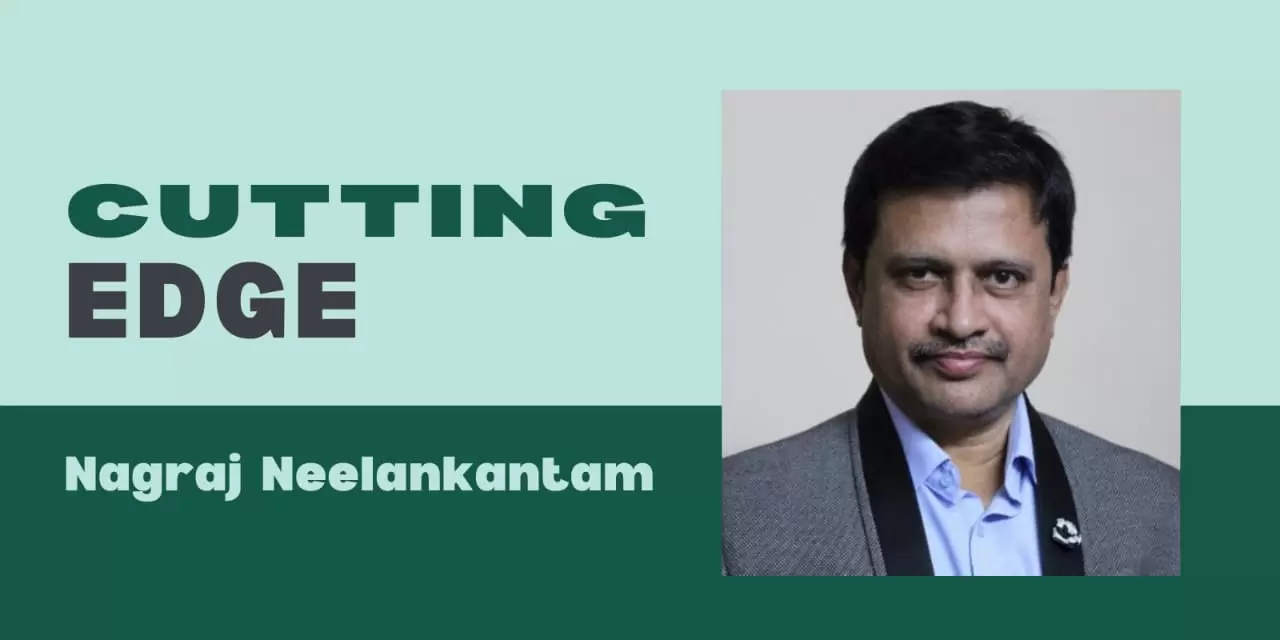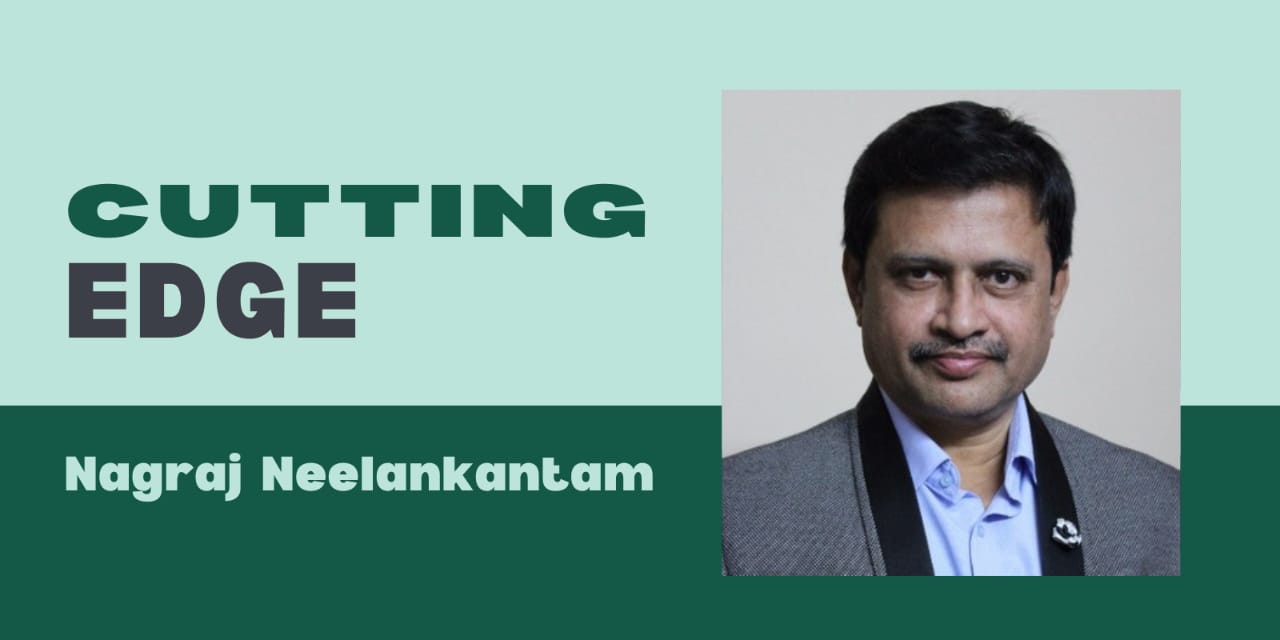In the heartlands of Bihar, a troubling new migration begins—not one of aspiration, but of retreat. As the dust settles on the NDA’s sweeping electoral victory, unsettling images and metaphors dominate public discourse. Like startled field mice fleeing thunder, sudden movements of communities across borders raise an urgent question: what fuels this restless exodus after an election? The story beneath the headlines is more than a tale of winners and losers. It reflects deeper social anxieties, a shifting political landscape, and the fragile meaning of belonging in an age shaped by migration, identity, and majoritarian assertion.
The November 2025 assembly verdict handed the NDA a decisive mandate. Prime Minister Narendra Modi, addressing party workers soon after, declared Bihar a “closed chapter” for the Opposition. For the ruling alliance, the triumph validated its governance narrative. But for many living at society’s margins—Bangladeshi immigrants, undocumented migrants from neighbouring states, and vulnerable minority households—the aftermath felt like a warning flare.
Political reactions reverberated across eastern India. West Bengal Chief Minister Mamata Banerjee reacted with unconcealed frustration, linking her state’s voter-list purging controversies to the broader climate of anxiety about identity and legitimacy. The Election Commission’s Special Intensive Revision (SIR) of electoral rolls—ordinarily a routine exercise—has now been branded by critics as a “super emergency,” triggering silent, sometimes chaotic departures from border regions.
Ground reportage from Hakimpur and other checkpoints reveals the human dimension of this churn: families who spent years weaving their lives into India’s social fabric now quietly turning back, weighed down by uncertainty and intensified administrative vigilance. Many possess Aadhaar cards, voter IDs, job records—and yet feel compelled to leave the very democracy they once participated in.
“It’s not just about papers,” says an activist working with undocumented migrants. “It’s about the promise of safety. When that evaporates, departures follow—not with drama, but with fear.”

Among the departing are stories steeped in personal tragedy and unresolved hope. Mehdi Hassan Ahmed, robbed of his sight years ago, came to India for treatment. Now, amid the new scrutiny enveloping local settlements, he and his family contemplate returning to Bangladesh—carrying memories of a life built across a border that once felt porous.
At the centre of this churn lies the SIR exercise: a voter-roll purification drive that the government calls essential for electoral integrity. Critics, however, view it as disenfranchisement repackaged. The political fallout has exposed deep fissures. The Congress, grappling with fresh internal turmoil after the Bihar rout, has seen allies drift away, leaving much of the NDA narrative uncontested. Mamata Banerjee’s fiery denunciation of the SIR as “votebandi”—and her appeal for intervention—reflects a broader fear among minorities and marginal groups that their democratic presence itself stands threatened.
Bihar’s post-election story is thus not just about political realignments; it is about identities contested and futures unsettled. The tension between national-security imperatives framed around migration control and the constitutional ideal of inclusive citizenship has rarely been sharper. Scholars warn that unaddressed exoduses risk corroding inter-community trust. “We cannot allow concerns over documentation to become grounds for collective vilification,” says Dr. Reeta Sharma, a sociologist studying migration and policy. “India’s narrative has always been one of integration—of systems, cultures, and human dignity.”
These unfolding scenes underscore a larger truth: democracy’s real tests begin after the votes are counted. They lie in how electoral outcomes ripple through vulnerable lives, how governments wield administrative power, and how society interprets identity in moments of political triumph.
Yet, even amid anxiety, hope persists. India’s civilizational ethos—rooted in Sanatana dharma—offers a deeper moral compass. When interpreted with generosity, it reminds the nation to see the “other” not as an intrusion but as a fellow traveller in the shared journey of belonging.
As India reflects on this fraught moment, the road ahead must balance vigilance with compassion, and the rule of law with an unwavering commitment to human dignity. Only then can the promise of India—anchored in ancient wisdom and modern democratic aspiration—be honoured and renewed for all.





